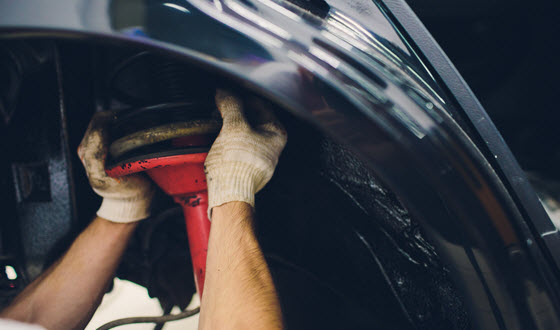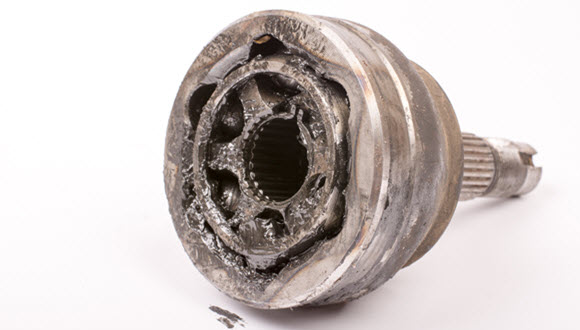Importance of CV Boots & Joints Inspection for Audis in Dallas
Posted on | 4 Jun 2019 By Anita Gaal
Having a better understanding of your vehicle and how it operates is the first step in providing excellent care to your car so that it has a long and happy life. Through doing some basic research you can develop excellent clarity on the different components that make up your car. Over time this information can be helpful to know so that if you do run into a problem you might just know what the issue is and how to fix it. In luxury vehicles such as an Audi, it is extra important to make sure that you are providing quality maintenance. Otherwise, the repairs can get costly if left undealt with long enough.
Understanding CV Boots and Joints in Your Car
When you have a vehicle that is front wheel drive it will have a component called the CV joints. CV joints stand for Constant Velocity joints and they are located at either end of the drive shaft. There are inner and outer CV joints. The inner CV joints are what connect your vehicle’s drive shaft to the transmission. Outer CV joints are what connect the drive shaft to the wheels. In other types of vehicles like rear wheel drive and even trucks might also use CV joints.
The CV joints help to transfer torque from your car’s transmission to the wheels at the same speed and help to account for the movement of the suspension. In vehicles that are front wheel drive the CV joints help to transfer the torque when the wheels turn. When it comes to CV joints there are two primary types that are used. The first is a ball-type and are generally used on the outer CV joints. The other is a tripod-type and is typically used for the inner CV joints.
What Problems Can Occur with CV Joints?
CV joints play a fairly important role in your car, so when they get damaged it can cause some issues for you. Grease is used on the CV joints and they are sealed shut by a plastic or rubber boot, it is then held in place by clamps. Fortunately, CV joints do not need much, if any maintenance and are made to last for a really long time. Generally the only time you would need to worry about them would be if the boot gets damaged.
If the boot gets damaged or starts to crack, the grease will start to leak and will allow dirt to get in. If that happens, it will cause the CV joints to wear faster. When there is a problem with the CV joints, it will generally affect the outer CV joints because they have much more movement than inner CV joints.
What to Do About Faulty CV Joints
Since CV joints are not generally prone to failure, you likely will not need to worry about them too often. If you are taking your vehicle in for regular inspection the CV joints are something that your mechanic will be looking at. If they notice any problems with them, they will be sure to let you know so that you can have them repaired. If the problem is caught early enough, it is generally a simple job. All your mechanic will need to do is repack the CV joint with new grease.
However, if the whole boot needs to be replaced it can get pricey because of the work that is involved to replace it. Having it regularly inspected can help save you money in the long run to avoid problems from getting worse.

How We Can Help
Here at Euro Automotive, we can help you identify the severity of your issues with your CV joints, and our trained mechanics can recommend the best solution for repairs. Convenient to the residents of Dallas, Garland, Arlington, and Fort Worth, Texas, we aim to provide excellent services to leave our customers satisfied. If you would like to schedule an inspection or a repair for your CV joints, or if you would simply like to learn more information about the services we offer, call our office or visit our website. Our representatives would be more than happy to assist you to find what service is right for you.










